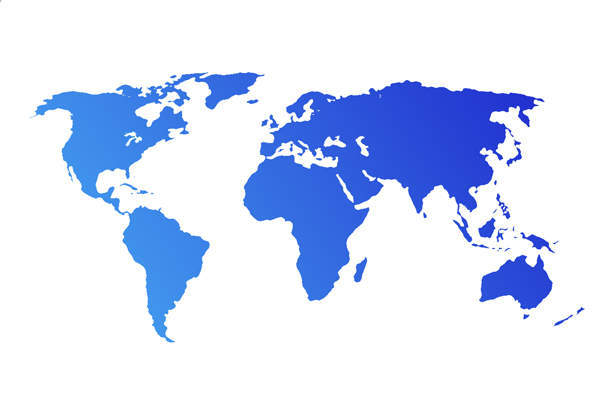

The thriving financial investment hub of Luxembourg, the second richest country in the world, saw its economy dip just 3.6 per cent in 2009 as a result of the international banking crisis, rebounding quickly in the following two years. Similarly, Norway’s total GDP (Gross Domestic Product) meanwhile shrank by only 0.4 per cent in the first quarter of 2009, a minimal repercussion compared with the catastrophic losses suffered by the likes of other Euro nations such as Iceland, Portugal, Cyprus, Spain and Ireland’s former ‘Celtic Tiger’ economy.
But why do certain nations remain untouched while others have tripped and fallen – hard – on the consequences of several years of economic risk-taking and boom? The five richest countries in the world, despite vast political, social, religious and geographical differences, do ultimately have several obvious traits in common: small populations, perpetually valuable energy, strong overseas investment, healthy international trade relations and – perhaps most importantly of all – enough money in the bank to weather virtually any economic storm.
Essentially these countries are that supremely rich, popular, sensible (and perhaps a little self serving) cousin that always makes you feel a little embarrassed at your own relatively meagre assets at the annual family Christmas gathering.
The most affluent countries in the world are commonly judged to be those with the highest GDP per individual member of the population, once PPP (purchasing power parity) is factored in. PPP, which takes into account the relative cost of living and inflation rates within each country, aims to give the most accurate picture possible of which countries really have the strongest economies and, overall, the wealthiest citizens.
Of course, while they are not part of the elite club of the top five richest countries in the world, it is also worth taking account of large global superpowers such as the US (overall, still No. 6 on the list despite its massive population and hefty pockets of poverty) and those countries with the most rapidly expanding economies.
In 2012, economic giant China’s national account balance was recorded as $213.7 billion by the International Monetary Fund, with this figure predicted to more than double to an astonishing $640.46 billion by 2018. However as the world’s most densely populated country – with a population of 1.3 billion – its GDP (PPP) per person is just $9,162.
Countries such as India, Malaysia and the Philippines are also catching up fast and will soon take over more developed and socially progressive nations in terms of wealth. The global economy is shifting fast, so watch this space. In the meantime though, read on to discover the top five richest countries in the world – and the reasons behind their economic success.






